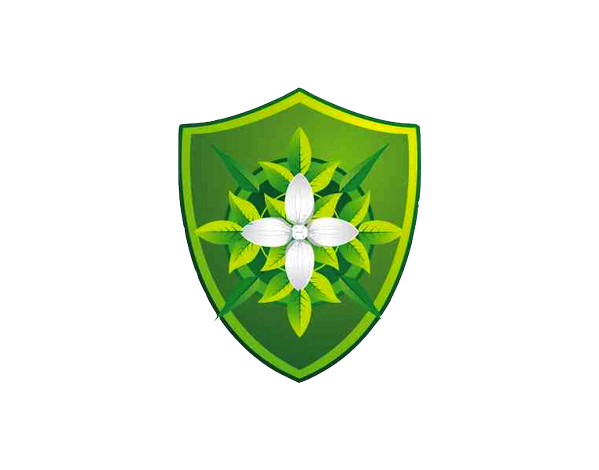Earth & Space Science
Description
Be captivated by the wonders and beauty of the third planet from our Sun, Earth. Be amazed by what awaits your discovery within our solar system and beyond. It is your turn to explore the universe. Earth/Space Science is a laboratory course focusing on the study of space, geologic structures and forces, the waters on our planet, and the atmospheric forces that shape our world. Through experimentation and investigation, students will explore the earth cycles including the geosphere, hydrosphere, crysosphere, atmosphere, and the carbon cycle. Students will learn about scientific inquiry, geologic time, space exploration, the solar system, and the universe. Students will use web 2.0 tools, interactive experiences, higher-order thinking, collaborative projects, and real-world application through labs and a variety of assessments. Upon completion of the course, students will have a clear understanding of the dynamic forces at work in the world around them, becoming better caretakers of our planet, Earth.
Major Topics and Concepts
Beginning with Science
Science processes
Observations and inferences
Historical frame of reference- scientists and explorers
Theory vs. law, science vs. pseudoscience
Cryosphere, Hydrosphere, Biosphere, Atmosphere, Geosphere
Semester 1:
Climate and Meteorology
Structure of the atmosphere
Trends in temperature and atmospheric pressure
Factors influencing weather and climate
Humidity, air pressure, air masses, temperature, long term conditions
Global air circulation and winds, coriolis effect
Severe weather formation, influence on human behavior
Severe Storms; Lightning (Honors)
Freshwater
Water cycle
Conservation (Honors)
Water Quality
Groundwater
Surface water
Rocks and Minerals
Properties of minerals
Rock cycle
Soil and soil formation
Rocks and minerals as resources
The Universe
Light waves
Space exploration
Gravitational forces
Stars and Constellations (Honors)
Semester 2:
Geologic Time
Gregorian calendar
Relative and absolute time (Honors)
Origin and evolution of life
Geologic time scale, geologic periods and history
Fossils, fossil formation
Reading series of events in sedimentary rocks based on principles of geology
Oceans
Composition of ocean water
Ocean currents
Sea floor features
Using latitude and longitude to navigate and locate points on the globe/map reading
Climate and current connection
Our Solar System
Organization of the Milky Way and types of galaxies in general
Characteristics of stars - focus on ours - the sun
The planets in our solar system
Moon/Earth Relationships
Moon phases
Effects of moon on tides
Kepler’s Law; Newton’s Law
Sun/Earth Relationships
Rotation and revolution characteristics
Causes of seasons
The Geosphere
Layers of the Earth
Carbon cycle
Plate techtonics
Continental drift
Surface features
Geologic events (Honors)
